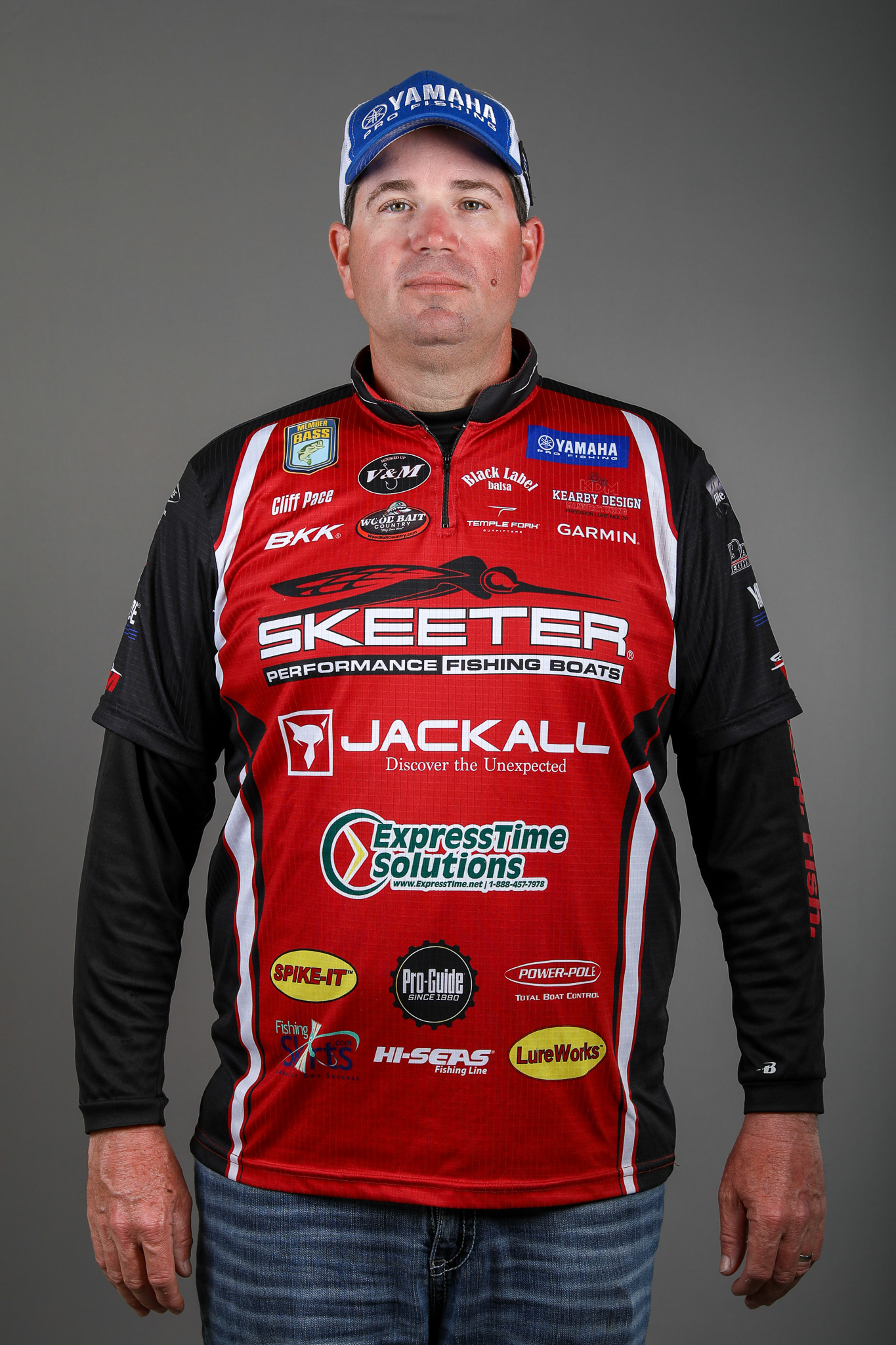I think everyone has a "list," and West Point Lake is on mine. The last time the Elite Series stopped here, I finished 92nd after greatly underestimating the potential of the lake and the way the bass would be caught. When that happens — as it does, occasionally — that body of water goes on my list, and I look forward to my next opportunity to go back and do better.
Two years ago, we were at West Point at this same time of year and I let myself get caught up in the idea that the bass were going to be offshore and that a finesse approach was the best way to catch them. On the first day, I had a limit of offshore fish early that I thought would be competitive, so rather than work to cull up and improve my catch I spent a few hours looking for other productive areas. When it was time to weigh-in, I found out just how badly I had underestimated things. Without a real backup plan, I wasn't able to recover and had one of the worst tournaments of my career.
To me, this illustrates the dangers of having a preconceived notion of how much you need to catch each day to be competitive. Rather than focusing on what I think it's going to take to win, I want to devote my energies to having my very best performance irrespective of a target weight.
I think target weights create an unnecessary step for a tournament angler. You can spend a lot of time researching old tournament histories or talking to local anglers about that kind of stuff, and it can really get you into trouble.
The trouble comes when you guess wrong about what it will take to do well — and you will eventually guess wrong if you fish a lot of tournaments. By guessing wrong, there are two ways you can get way behind really fast.
The first comes when you underestimate what you need. If you think you need 12 pounds, but you really need 20, the tendency will be to take your foot off the gas once you reach 12. Instead of looking for opportunities to cull, you search for new water or guard an area that's not actually very good at all.
The second way to get behind is by overestimating what you need. When you think you need 20 pounds, but 12 is actually a very solid catch, you run the risk of leaving winning fish, a great area or the winning pattern because the bass aren't as big or as plentiful as you think you'll need to win.
Either one of those errors will cost you … a lot.
That's why I aim for my best performance — whatever that might be. To get there, a strong practice that explores as many viable options as possible is critical.
Last time at West Point, I spent all my time practicing offshore with finesse presentations. That won't happen again. Yes, I'll spend some time practicing offshore, but I won't live and die by it. I'll try lots of other things, too.
A big key to making this concept work is to remember to fish the conditions, not your personal preferences. You can't win by throwing a buzzbait in 2 feet of water if the winning fish are holding off channel ledges in 15 feet and hammering a crankbait.
It might sound like a cliché, but my favorite lure really is the last bait I used to catch a bass. It wasn't always that way for me, but it's really served me well since I took that approach.
And as for getting West Point off my list, I have a lot of confidence that I can do much better this time. I even have a good recent example to share with you.
Earlier this year, Grand Lake was on my "list." At the 2007 Elite tournament there, I finished 93rd. So, as you might guess, I was really looking forward to redeeming myself there. I didn't have that chance until this past February — at the Bassmaster Classic — but it was worth the wait.
Cliff's note:
If you're a tournament angler, fish the way you need to fish, not the way you want to fish.





